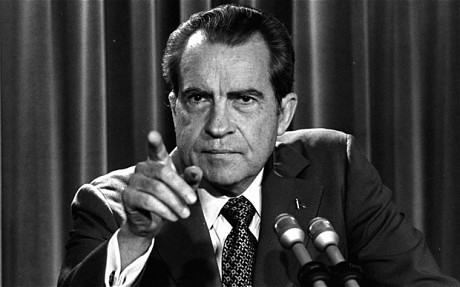(No, but that's a part of life) Salt-N-Pepa – Let's Talk About Sex
What is this?
The Genius annotation is the work of the Genius Editorial project. Our editors and contributors collaborate to create the most interesting and informative explanation of any line of text. It’s also a work in progress, so leave a suggestion if this or any annotation is missing something.
To learn more about participating in the Genius Editorial project, check out the contributor guidelines.
What is this?
The Genius annotation is the work of the Genius Editorial project. Our editors and contributors collaborate to create the most interesting and informative explanation of any line of text. It’s also a work in progress, so leave a suggestion if this or any annotation is missing something.
To learn more about participating in the Genius Editorial project, check out the contributor guidelines.
What is this?
The Genius annotation is the work of the Genius Editorial project. Our editors and contributors collaborate to create the most interesting and informative explanation of any line of text. It’s also a work in progress, so leave a suggestion if this or any annotation is missing something.
To learn more about participating in the Genius Editorial project, check out the contributor guidelines.
What is this?
The Genius annotation is the work of the Genius Editorial project. Our editors and contributors collaborate to create the most interesting and informative explanation of any line of text. It’s also a work in progress, so leave a suggestion if this or any annotation is missing something.
To learn more about participating in the Genius Editorial project, check out the contributor guidelines.
What is this?
The Genius annotation is the work of the Genius Editorial project. Our editors and contributors collaborate to create the most interesting and informative explanation of any line of text. It’s also a work in progress, so leave a suggestion if this or any annotation is missing something.
To learn more about participating in the Genius Editorial project, check out the contributor guidelines.
What is this?
The Genius annotation is the work of the Genius Editorial project. Our editors and contributors collaborate to create the most interesting and informative explanation of any line of text. It’s also a work in progress, so leave a suggestion if this or any annotation is missing something.
To learn more about participating in the Genius Editorial project, check out the contributor guidelines.








